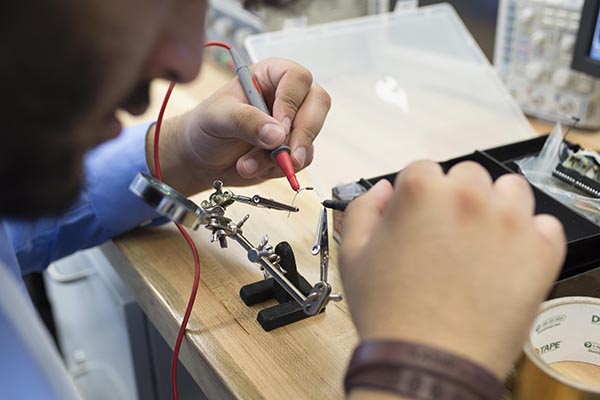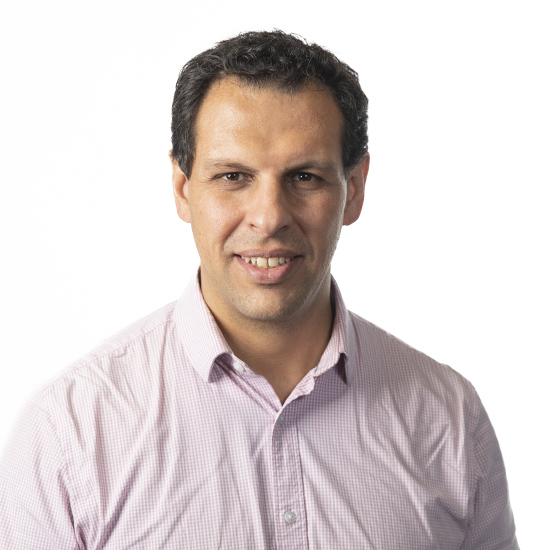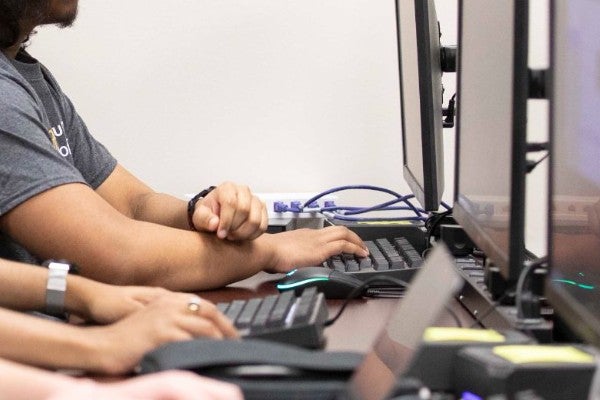Program Overview
In today’s world, almost everything involves computers in one way or another. The field of electrical and computer engineering has played a major role in that shift, creating a more accessible world using breakthrough technology — which only continues to advance. Be a part of innovating the future.
Dive into a highly rigorous program where courses are taught by experienced and talented professors who invest their lives in developing your intellectual abilities, knowledge and character. Gain extensive hands-on experience through coursework and projects in our brand-new Fields Engineering Center, equipped with state-of-the-art labs and resources.
With unique opportunities like engineering missions, professional societies, world-class partnerships and innovative design projects, you’ll thrive and grow here. And once you graduate, you’ll join your peers studying in top-ranked graduate programs or working for some of the world’s best companies.
Our program is ABET-accredited.
Job placement rate
Our Faculty
Career Paths
Electrical and Electronics Engineers
Electrical engineers design, develop, test, and supervise the manufacturing of electrical equipment, such as electric motors, radar and navigation systems, communications systems, and power generation equipment. Electronics engineers design and develop electronic equipment, including broadcast and communications systems, such as portable music players and Global Positioning System (GPS) devices.
Computer Programmers
Computer programmers write and test code that allows computer applications and software programs to function properly. They turn the program designs created by software developers and engineers into instructions that a computer can follow.
Computer Hardware Engineers
Computer hardware engineers research, design, develop, and test computer systems and components such as processors, circuit boards, memory devices, networks, and routers.





